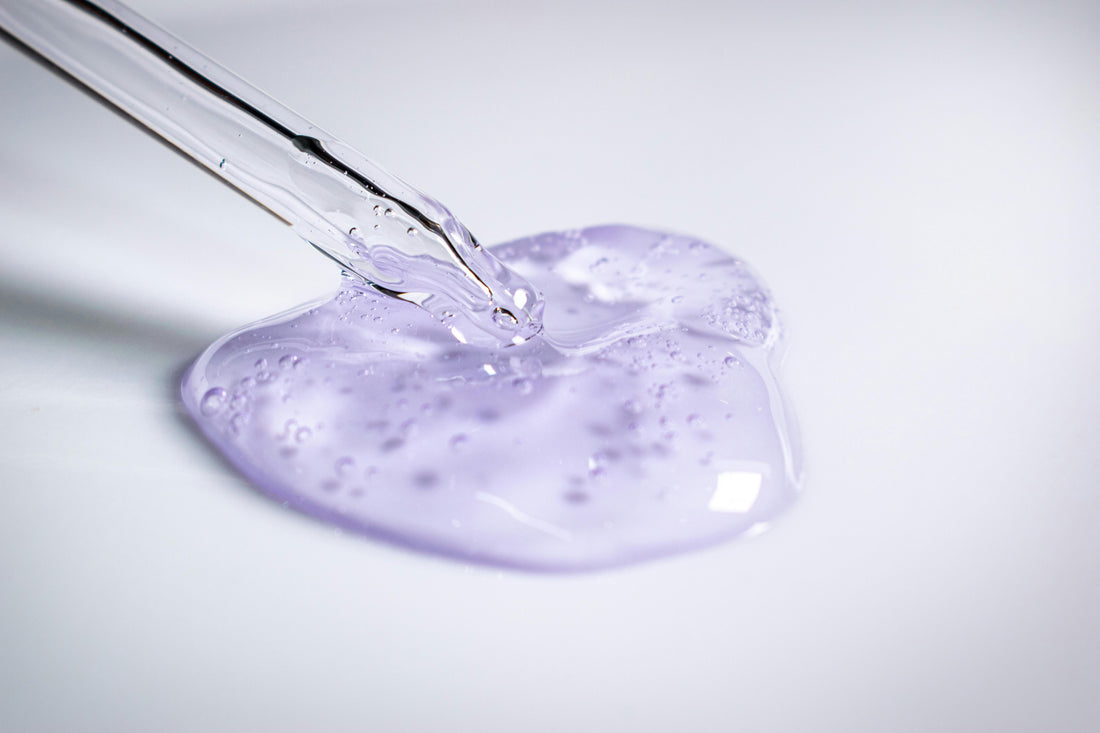
The Hydration Equation: How Humectants Like Hyaluronic Acid and Glycerin Can Transform Your Scalp Health
Share
The pursuit of healthy hair has long focused on the strands themselves; smoothing the cuticle, adding shine, and preventing breakage. However, a fundamental shift in trichological understanding is redirecting attention to the foundation: the hydration levels of the scalp itself. The scalp is living skin, and like the skin on your face, its health and function are deeply dependent on optimal hydration. When the scalp becomes dehydrated, it can trigger a cascade of issues, from itching and flaking to increased sensitivity and a compromised barrier. Understanding the mechanics of skin hydration, specifically the role of powerful humectant molecules like hyaluronic acid and glycerin, provides a scientific pathway to cultivating a resilient, balanced, and well-hydrated scalp ecosystem conducive to vibrant hair growth.
To appreciate how humectants work, one must first understand the structure of the scalp's skin. The outermost layer, the stratum corneum, is the body's first line of defense. Its health is maintained by the skin's natural moisturizing factor and a protective lipid barrier, which work in tandem to prevent transepidermal water loss - the process where water passively evaporates from the skin into the environment. When this barrier is compromised by factors like harsh shampoos, climate, or UV exposure, moisture escapes more readily, leading to a state of dehydration. A dehydrated scalp is not merely dry; it is a scalp under stress. It can become tight, itchy, and inflamed, and the resulting microscopic cracks in the skin barrier make it more vulnerable to irritants and microbes, disrupting the delicate microbiome.
This is where humectants become critical. Humectants are hygroscopic substances, meaning they have a unique ability to attract and bind water molecules from their surroundings. In skincare science, they function as molecular magnets, drawing moisture from the dermis below and, in humid conditions, from the air above, to the outer layers of the skin. This action serves two primary purposes: it provides immediate hydration to parched skin cells, plumping them up and relieving sensations of tightness, and it helps to maintain the water content of the stratum corneum, which is essential for its flexibility and integrity. For the scalp, this translates to a calmer, more supple, and less reactive surface, creating a stable foundation for hair follicles to function optimally.
Hyaluronic acid is one of the most powerful humectants known to science. A single molecule can hold up to one thousand times its weight in water. In the skin, it is a natural component of the extracellular matrix, where it plays a vital role in tissue repair, hydration, and volume. While its high molecular weight means it primarily works on the skin's surface, its hydrating prowess is undeniable. When applied topically to the scalp, it forms a breathable, hydrating film that can instantly soothe dryness and reduce the appearance of flakiness associated with a dehydrated scalp. It helps to create a reservoir of moisture at the follicular opening, ensuring the surrounding skin remains supple.
Glycerin, another potent and well-researched humectant, is a cornerstone of cosmetic formulation for its efficacy and safety. It works synergistically with other ingredients to enhance hydration and support the skin barrier. Research has shown that glycerin not only draws water into the skin but also helps to facilitate the natural process of desquamation - the shedding of dead skin cells. When this process functions smoothly, it prevents the buildup of dry, flaky cells that can lead to itching and visible dandruff. On a dehydrated scalp, glycerin provides essential moisture that restores comfort and helps maintain a clear, healthy follicular environment. Its ability to improve skin barrier function makes it invaluable for protecting the scalp from ongoing environmental stressors that can perpetuate a cycle of dryness.
The integration of these humectants into a targeted scalp care routine represents a modern, skin-centric approach to hair health. A dehydrated scalp requires consistent, lightweight hydration that will not clog follicles or weigh down hair. A daily treatment mist, such as Scalp Silk, is an ideal vehicle for this purpose. Its formulation, which includes glycerin as a key humectant, delivers an immediate surge of hydration directly to the scalp skin. The base of Rosa Damascena flower water provides additional soothing properties, while the overall formula works to maintain the scalp's optimal pH. This daily practice helps to continuously support the scalp's moisture levels, defending against the dehydrating effects of styling, climate, and cleansing.
For a more intensive treatment, the principles of hydration can be extended through the use of nourishing oils. While oils are not humectants - they are occlusives, meaning they form a barrier to prevent moisture loss - they are a crucial part of the hydration equation. A pre-wash treatment like Ground Recovery Oil provides a dual benefit. Its blend of lightweight, nutrient-dense oils helps to fortify the scalp's own lipid barrier, thereby reducing transepidermal water loss. When the barrier is sealed and supported by these oils, the hydrating effects of humectants like glycerin in your other products become more effective and longer-lasting. This combination of attracting water with humectants and preventing its escape with emollients and occlusives is the most effective strategy for achieving a deeply hydrated scalp.
Ultimately, recognizing the scalp as skin that requires dedicated hydration is a paradigm shift in hair care. It moves the focus beyond treating symptoms like oiliness or flaking and toward supporting the fundamental health of the ecosystem. By incorporating proven humectants like glycerin and hyaluronic acid into a consistent routine, you actively work to maintain the scalp's moisture balance, soothe irritation, and reinforce its natural protective barrier. This commitment to foundational health creates the stable, well-hydrated environment in which hair follicles can thrive, leading to hair that is not only stronger and more resilient but also reflects the true vitality of the skin from which it grows.
